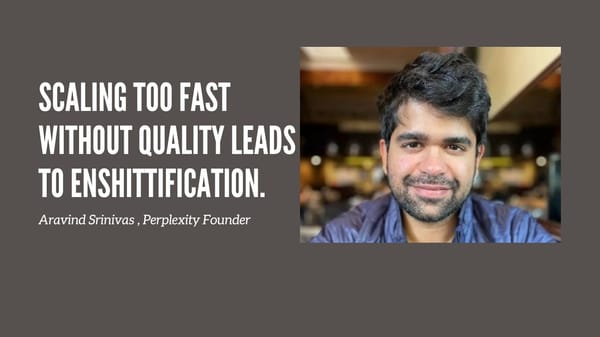The Science of Storytelling: How your hormones react to stories
Storytelling is the most powerful tool of all.

David JP Phillips explores the profound impact of storytelling on human behavior, emotions, and decision-making. Through captivating anecdotes and scientific insights, he reveals how stories can shape perceptions, influence actions, and enhance communication.
Storytelling’s Transformative Power
Storytelling is a potent tool for transformation. Journalist Rob Walker's experiment illustrated this when he bought 200 mundane objects on eBay for $129 and had writers create stories about them.
Storytelling is the most powerful tool of all.
The objects were resold for a total of $8,000. This demonstrates the immense value that a compelling narrative can add to even the most ordinary items, highlighting how storytelling can drastically change perceptions and perceived worth.
Emotional Investment and Influence
Emotional investment plays a crucial role in how stories influence us. People can be easily influenced by narratives that resonate emotionally, such as how watching a James Bond movie can make someone desire the same watch Bond wears.
This is because stories engage our emotions, making us less critical and more susceptible to influence. Emotional connection drives engagement and can lead to significant behavioral changes, emphasizing the power of storytelling in marketing and personal influence.
Launched: Atomic Course on Storytelling -
grab the launch discount
Neurotransmitters and Storytelling
Stories can trigger the release of neurotransmitters and hormones like dopamine, oxytocin, and endorphins. These chemicals enhance focus, trust, bonding, and overall well-being.
By understanding how to evoke these responses, storytellers can create more impactful and memorable narratives. For instance, suspense and cliffhangers boost dopamine levels, while empathetic stories increase oxytocin, and humor releases endorphins. This biochemical influence explains why stories are so compelling and persuasive.




